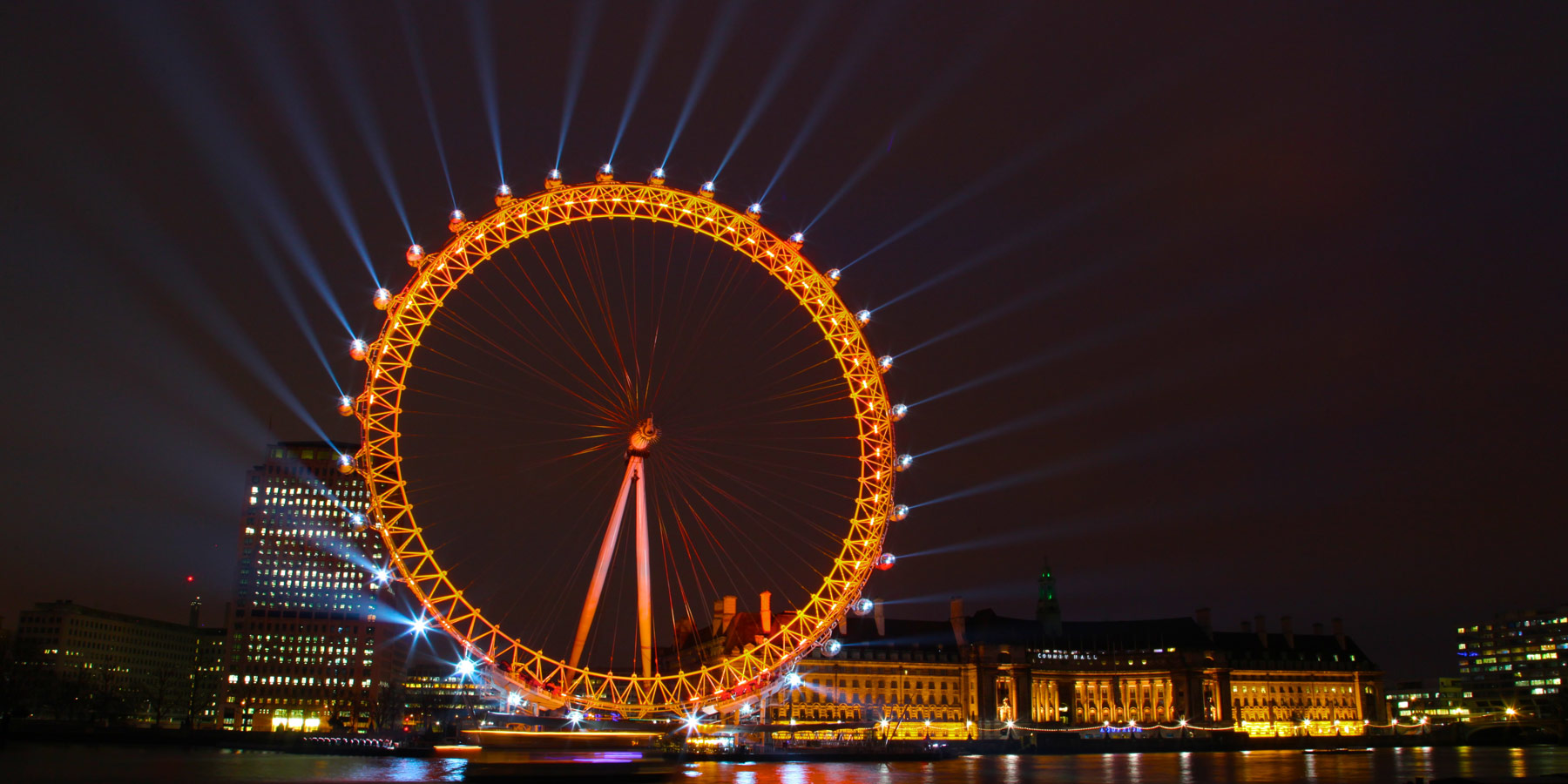Dads are biggest game and gadget guzzlers in EuropePrint
New research from EDF Energy looks at green opinions across Europe and finds that fathers are the biggest users of leisure appliances in the home.
Fathers across Europe are the biggest users of leisure
appliances in the home, according to the second annual Low Energy
Alternative Future (LEAF) Index study by researchers from Imperial
College London, commissioned by EDF Energy.
As use of leisure appliances contribute to our overall household
emissions (which make up 29% of total carbon emissions), the study
investigated who were the main users of TVs, games consoles and
computers in each household.[1]
The research found that contrary to expectations, it's fathers
that spend the most time at home in front of the TV, computer or
games console with over a quarter (28%) of those surveyed saying
that dads are the main users of non-essential electrical
appliances.
In contrast, teenagers spend much less time in front of TVs,
Xboxes and similar appliances than many would assume; only 7% of UK
households surveyed said that sons aged 13-19 were their main
leisure appliance users and only 4% stated this for teenage
daughters. Further results show that an average of nearly one-third
(30%) of respondents across Europe (33% in the UK) said that
residents aged over 20 but without children were the major
appliance users at home.
Cutting calories for climate change
What we choose to eat (and how much of it) is important to our
carbon footprint because meat production is regarded as having a
higher climate impact than other food types, with livestock
accounting for around 18% of greenhouse gas emissions.[2] According to recent research
(2005-2007), in the UK, meat consumption makes up 13.7% of the
calories consumed, lower than Switzerland, Europe's most
carnivorous country, with 14.1% of calories coming from meat. Of
the total of calories consumed, Italy emerged as the nation with
the biggest appetite, with the average person consuming 3657
calories per day, much more than the Swedes, who as the country
with the lightest diet consume only 3116 calories per day each. [3] That constitutes a difference
of 541 calories, over a quarter of the average daily allowance for
women.[4]
Travelling green
Transport is the only sector that shows a decline in results
since last year, showing a worrying shift to more polluting means
of travelling, particularly in countries such as Turkey, Sweden and
the Netherlands. The surveyed countries showed that the most common
method of commuting continues to be by car (50% for the UK). EDF
Energy aims to encourage everyone to reduce their carbon footprint
by opting for low carbon means of transport; the recent Team Green
Britain Bike Week offered free bike fixing workshops across the UK
to encourage people to cycle rather than drive for short
journeys.
Picking up the pace in the green race
This year, all countries researched by the Index showed overall
improvements in their green credentials but Britain only made joint
eighth, showing a drop from sixth place last year. Turkey emerged
as the country with the most positive attitudes towards climate
change and efficient energy habits.
Commenting on the results, Gareth Wynn, Director of London 2012,
EDF, said: "We are now just over one year away from the 2012
Olympic and Paralympic Games, when the attention of the world will
turn to the UK. This represents a huge opportunity to demonstrate
that we are making real progress when it comes to living in a more
sustainable way. It's therefore encouraging that this year's LEAF
Index shows that eight out of ten Britons have already made some
change to live a "greener" lifestyle. We've certainly seen a
positive response to our own initiatives. In 2009 EDF Energy
founded Team Green Britain to help people work together to tackle
climate change ahead of the Games and we've certainly had a
positive response - the community is now comprised of over a
million members.
"However, as the results have shown this year, there is always
more that can be done. Britons will need to continue in their
efforts to be green in order to keep up with the very positive pace
of change we're seeing across Europe in the research. As Britain's
largest producer of low carbon electricity, EDF Energy is committed
to realising our lower carbon vision for the UK".
Professor Nigel Brandon, Director of the Energy Futures Lab at
Imperial College London, found the results to be consistent: "In
comparison with the same study commissioned by EDF Energy last
year, this year's LEAF Index has been very positive in the sense
that it's shown improvement across the board. However, what we have
also seen is that in order for the UK to catch up to the pace of
change in the rest of Europe, everyone will need to start thinking
about their contribution. Many people might not associate surfing
the web or eating a cheeseburger with their carbon footprint, but
we hope that with the LEAF Index we've shown just how much of what
we do is linked to our environmental impact and inspire people to
take action."
Overall findings
The 2011 LEAF country rankings:
1 Turkey
2 France
=3 Spain
=3 Sweden
5 Russia
6 Germany
7 Italy
=8 Switz
=8 UK
10 Nlands
ICM interviewed a random sample of 5,511 adults aged 18 to
64. Interviews were conducted online in 10 countries between
24th of May to 3rd of June 2011, with 1000 interviews in the UK and
500 in all other countries. ICM is a member of the British Polling
Council and abides by its rules. Further information at www.icmresearch.com
[1] DECC UK climate change
sustainable development indicator, March 2011
[3]Source: FAO
Statistical Yearbook 2010, Table D.1, 2005-2007 data, Table D.2 for
% meat
